Suresh Kumar Koushal & Anr v. Naz Foundation (2014)
Section 377 IPC vs Articles 14, 15, 19, 21 — made simple in clear classroom English.

Quick Summary
Case Title: Suresh Kumar Koushal & Anr v. Naz Foundation, (2014) 1 SCC 1
Main Point: The Supreme Court set aside the Delhi High Court’s reading down of Section 377 IPC, holding that any decriminalization of consensual same-sex acts was for the legislature unless a clear constitutional breach was shown.
Outcome: Section 377 remained in force (as interpreted in 2014). The judgment was later overruled on this point in Navtej Singh Johar (2018).
Issues
- Does Section 377 IPC, insofar as it criminalizes consensual same-sex acts in private, violate Articles 14, 15, 19, and 21?
Rules
Section 377 IPC penalizes “carnal intercourse against the order of nature.” Constitutional review is guided by the presumption of constitutionality and judicial self-restraint, unless a clear violation is proved.
Facts — Timeline

Arguments
Respondents (NAZ & others)
- Section 377 violates privacy, dignity, and equality; used to harass sexual minorities.
- Hurts public health and HIV prevention; chills access to services.
- Discriminates on grounds of sex and sexual orientation (Arts. 14 & 15).
Appellants/Opponents
- Provision addresses acts, not identities; policy change lies with Parliament.
- Presumption of constitutionality; insufficient proof of state discrimination.
- Social morality and potential impact on social institutions cited.
Judgment

The Supreme Court allowed the appeals and restored Section 377 IPC as it stood, holding that the Delhi High Court’s reading down was unwarranted without clear proof of constitutional breach. The Court emphasized judicial restraint and the legislature’s role in reforms.
Ratio Decidendi
- Section 377 regulates acts, not identities; facially neutral toward orientation.
- Courts apply a presumption of constitutionality and require specific evidence of unconstitutional impact.
- Absent such proof, the matter is primarily for Parliament to amend.
Why It Matters
Koushal shows the limits of judicial review where courts defer to the legislature on sensitive social policy. It also frames debates on privacy, dignity, and equality that later led to constitutional change in Navtej.
Key Takeaways
- Acts vs identity: Court saw Section 377 as act-based.
- Burden of proof: Strong evidence needed to strike a law.
- Separation of powers: Policy reform via Parliament.
- Article 21 debate: Privacy/dignity claims set the stage for later rulings.
- Small numbers point: “Minuscule fraction” remark drew criticism and later rethinking.
- Overruled later: Navtej (2018) decriminalized consensual same-sex relations.
Mnemonic & 3-Step Hook
Mnemonic — “A-P-L”: Acts not identity → Presumption of constitutionality → leave to the Legislature.
- Spot the Target: Is the law aimed at acts or a class?
- Proof Burden: Is there concrete evidence of constitutional harm?
- Role Check: Court or Parliament — who should move first?
IRAC Outline
Issue
Whether Section 377 IPC violates Arts. 14, 15, 19, 21 when applied to consensual adult same-sex acts in private.
Rule
Presumption of constitutionality; scrutiny requires specific proof of violation; courts exercise restraint in policy areas.
Application
Evidence placed was found insufficient; Section 377 deemed act-focused; change urged as a legislative task.
Conclusion
Delhi HC judgment set aside; Section 377 continued (later overruled in Navtej).
Glossary
- Section 377 IPC
- Colonial-era provision penalizing “carnal intercourse against the order of nature.”
- Presumption of Constitutionality
- Courts begin by assuming a statute is valid unless clear violation is shown.
- Reading Down
- Judicial technique to limit a statute’s scope to save it from invalidation.
Student FAQs
Related Cases
Naz Foundation v. Govt. of NCT of Delhi (2009)
Reading DownDelhi High Court’s privacy-dignity-equality approach to Section 377.
Navtej Singh Johar v. Union of India (2018)
OverrulingSupreme Court decriminalized consensual adult same-sex relations.
Share
Related Post
Tags
Archive
Popular & Recent Post






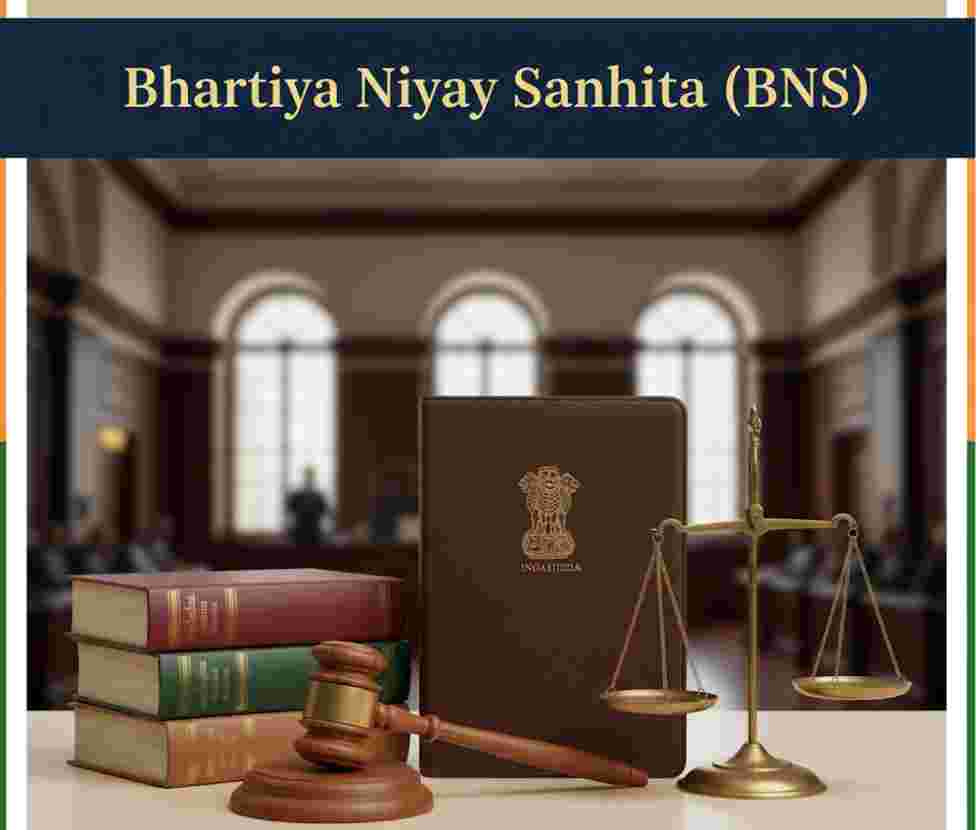
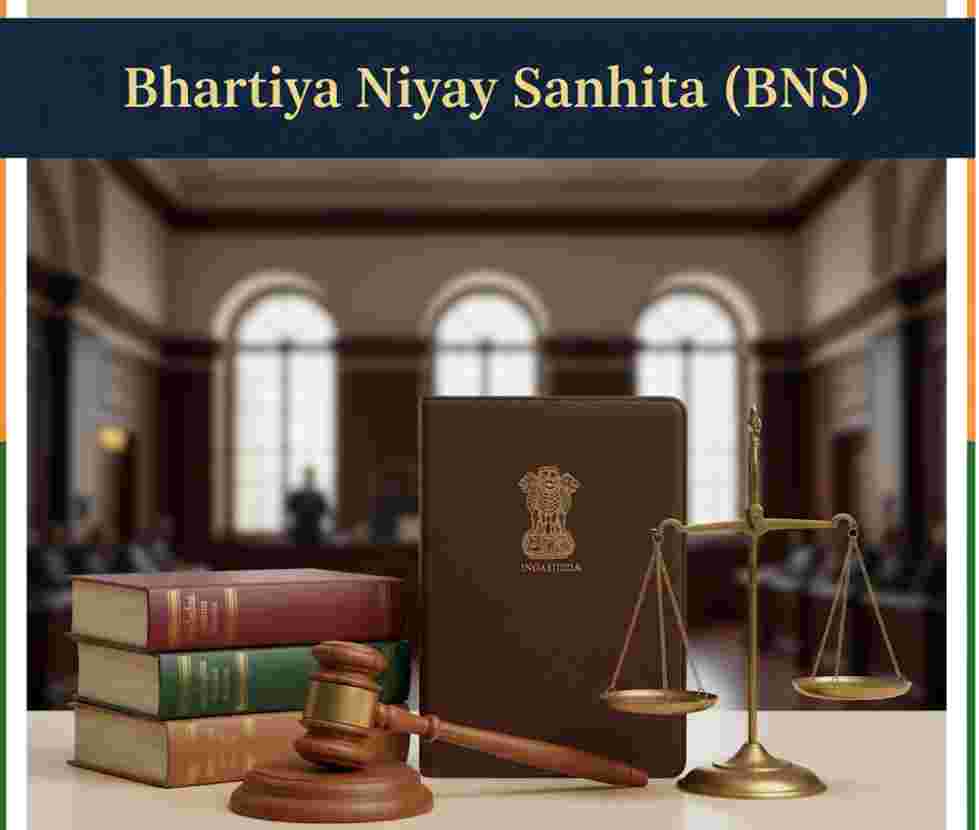
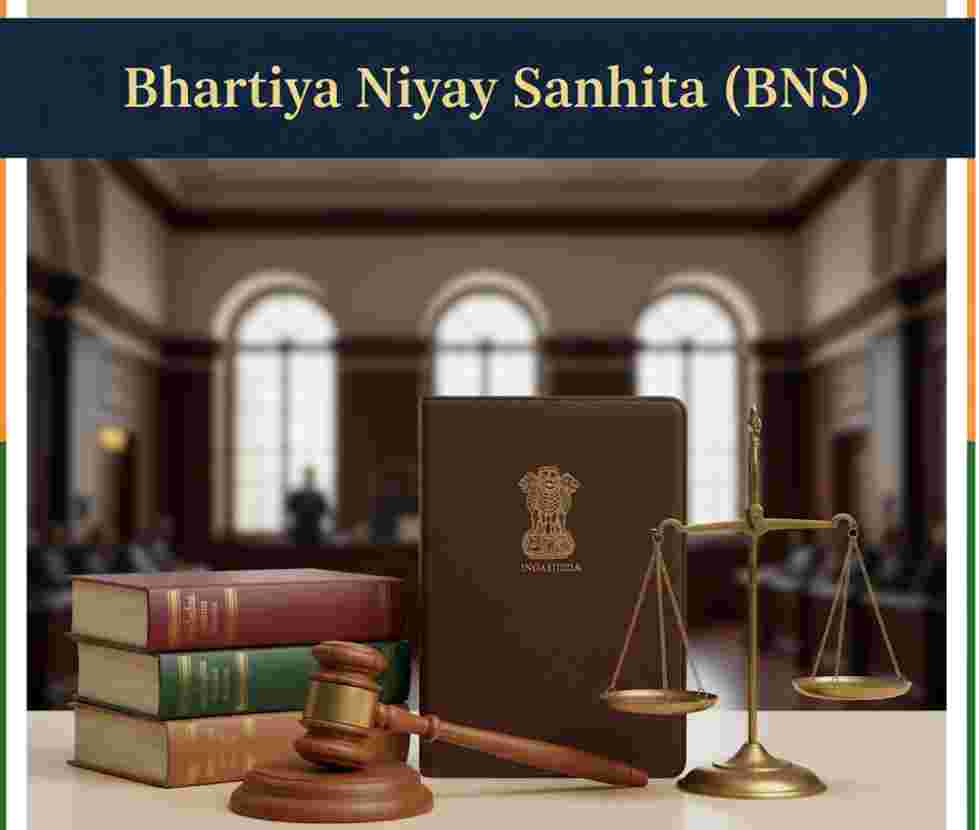
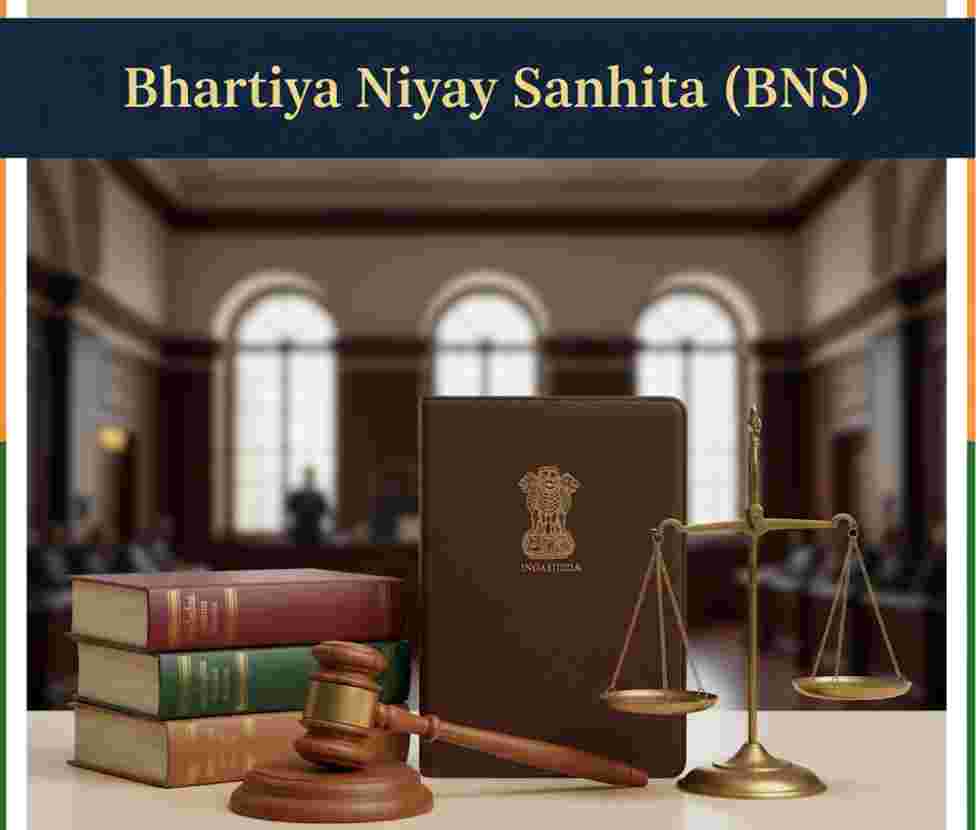
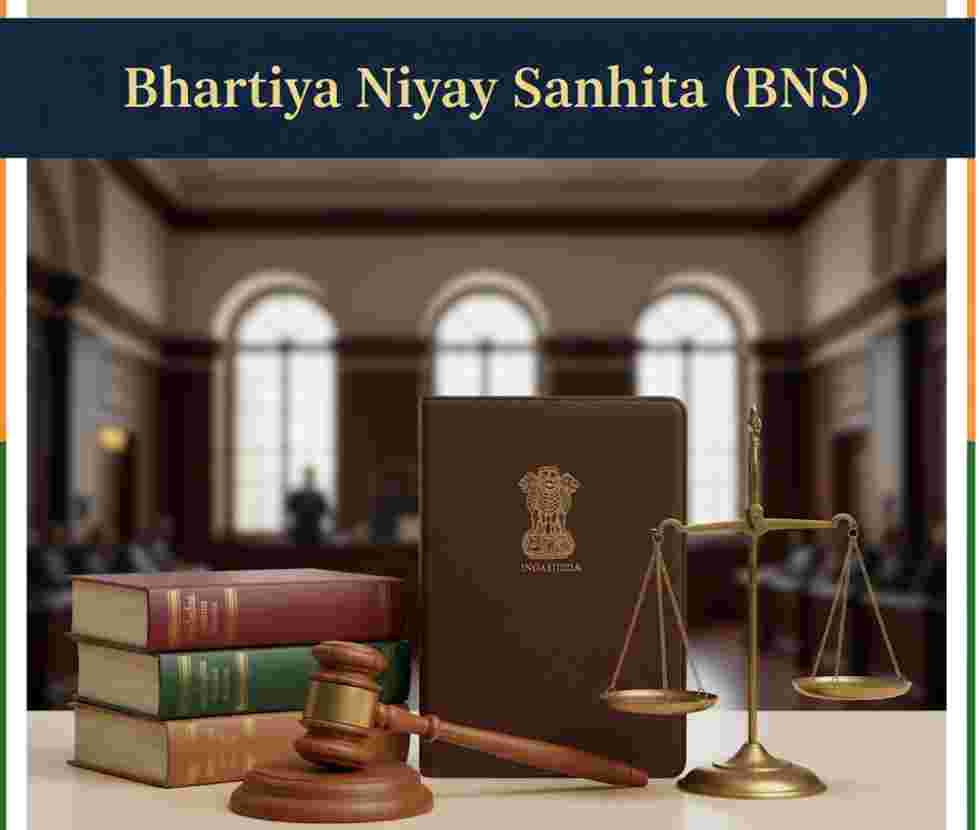
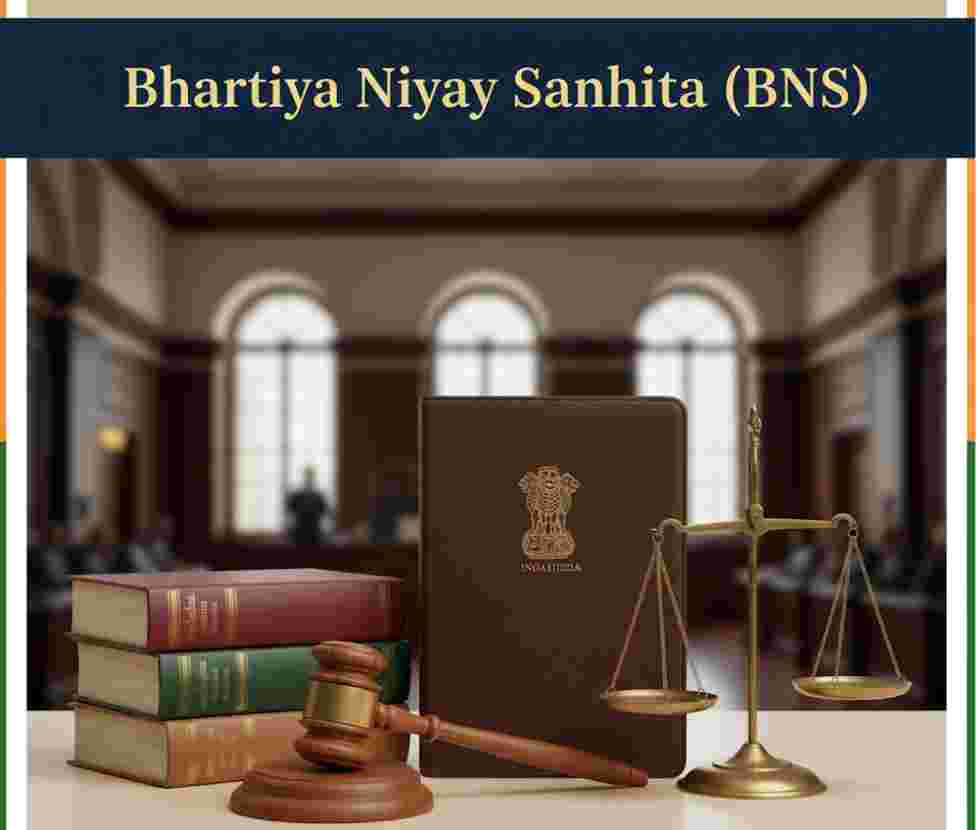
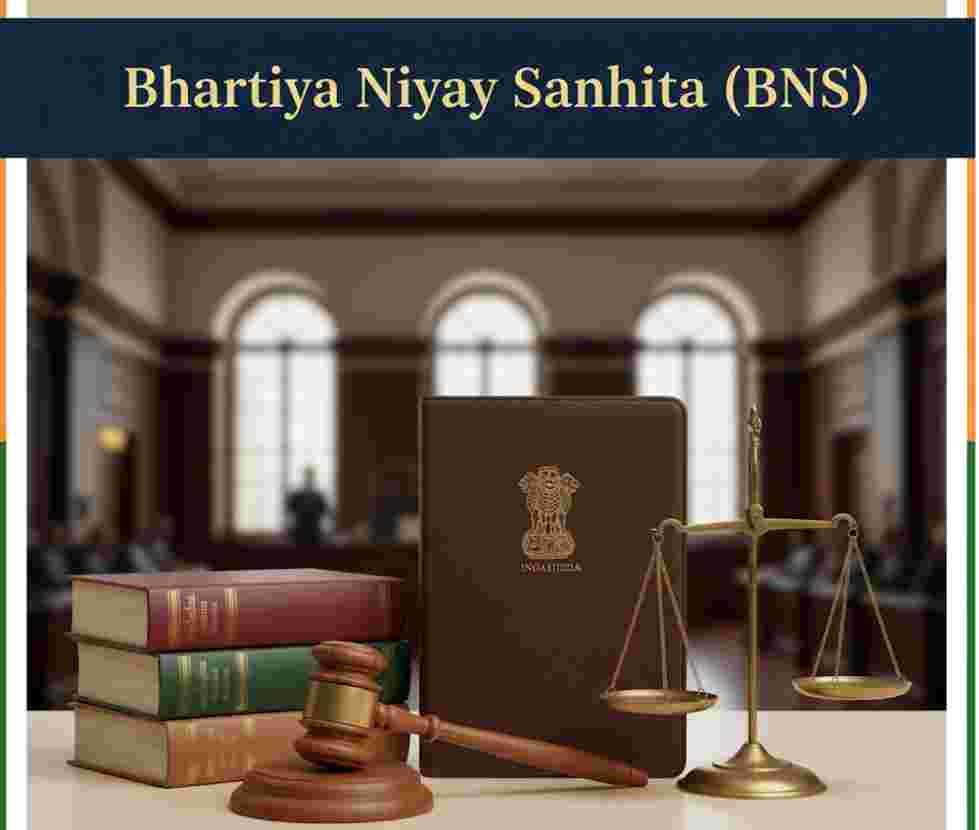
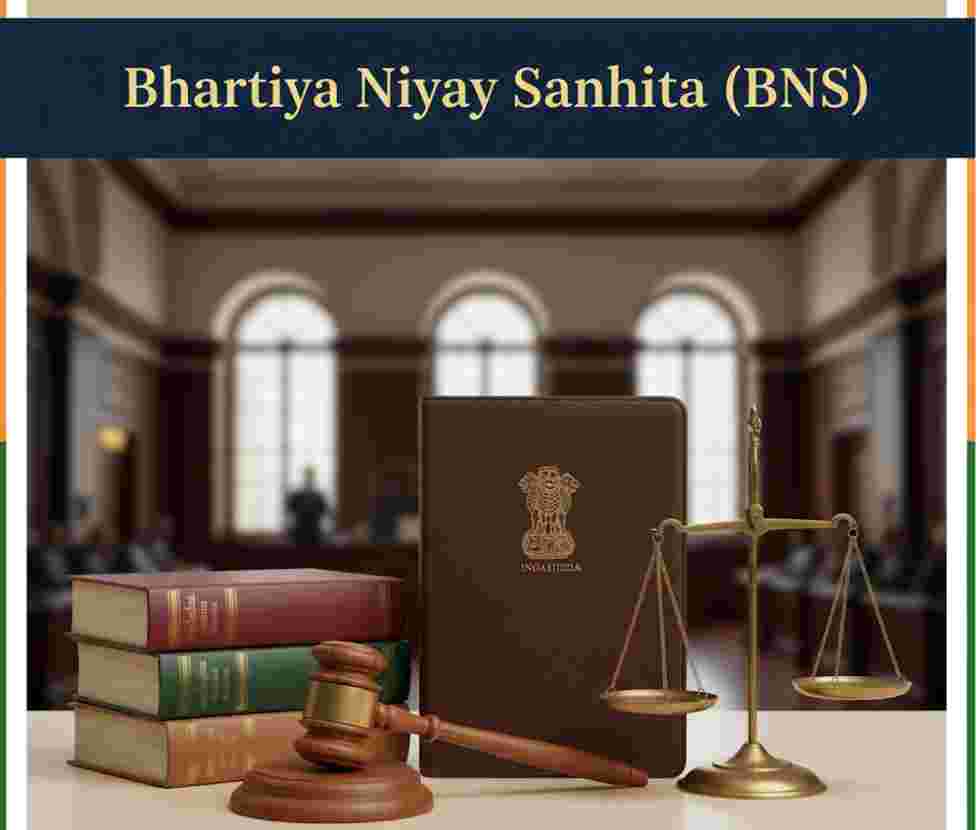
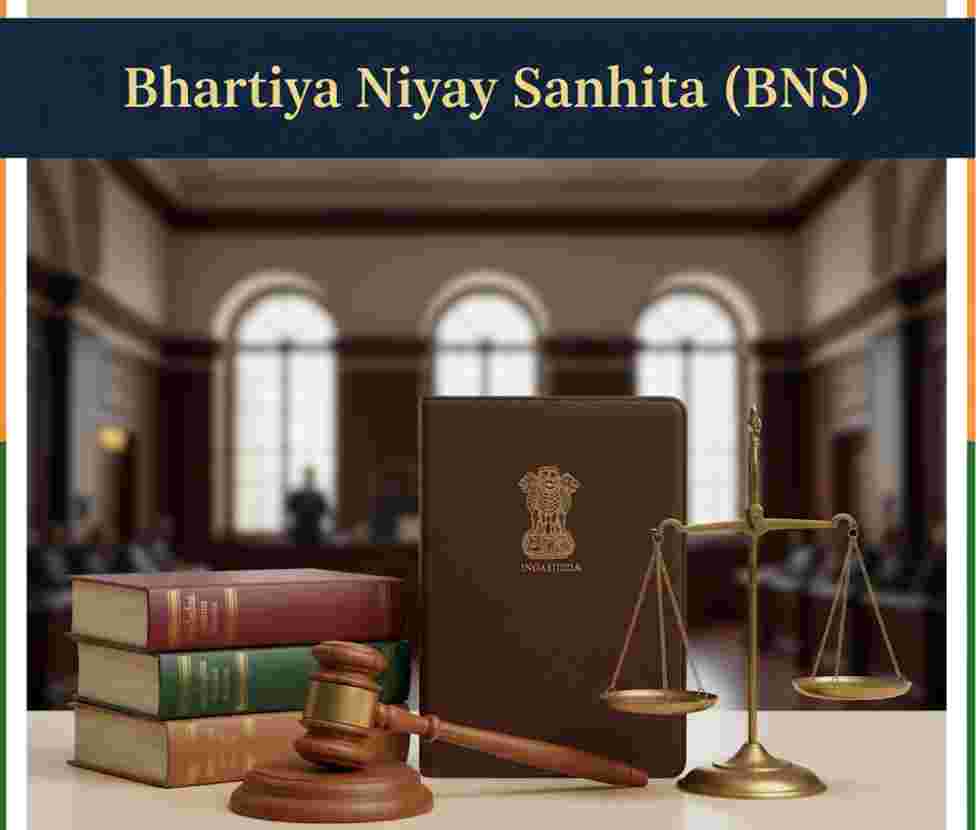
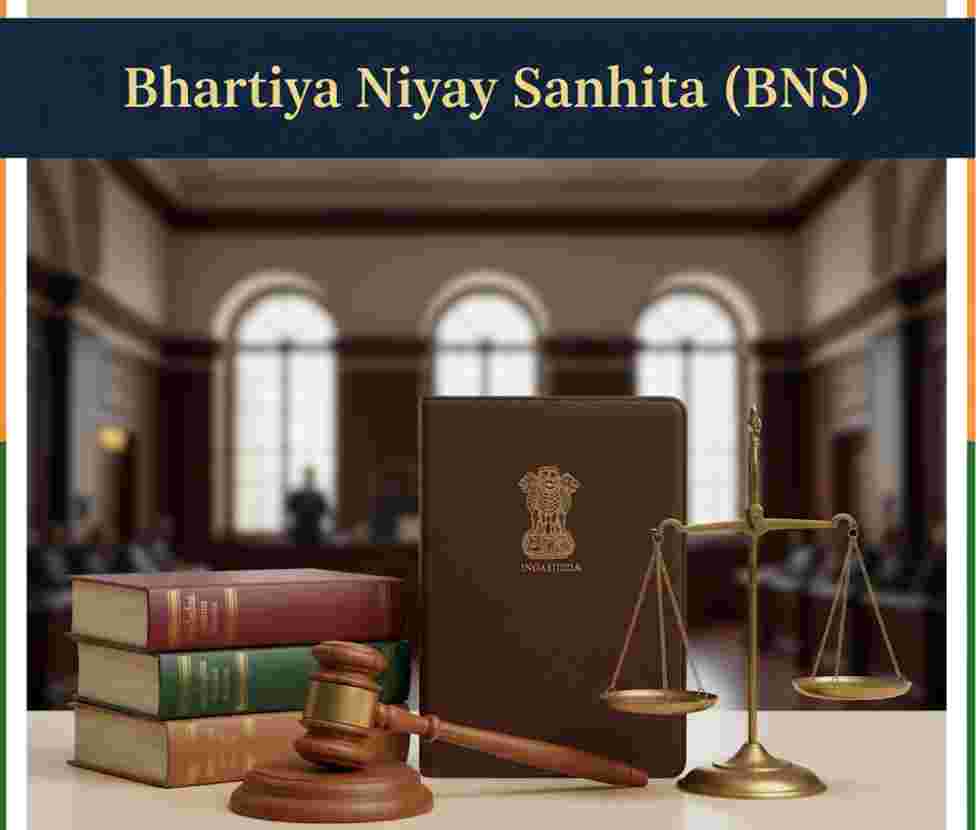
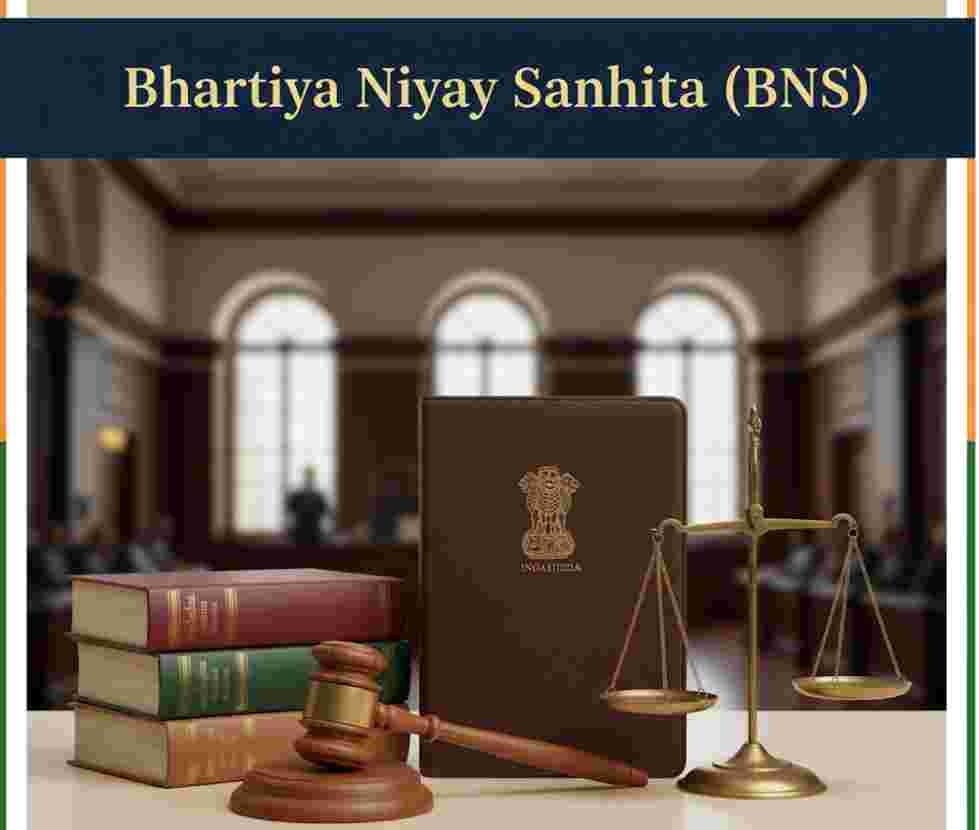
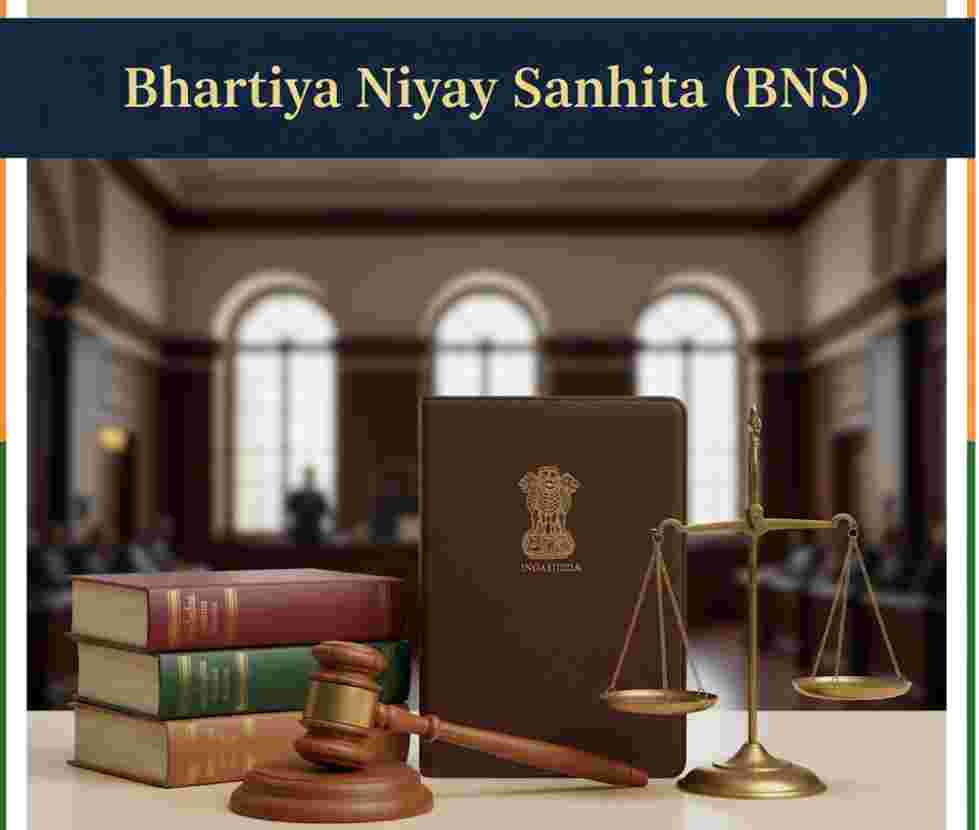
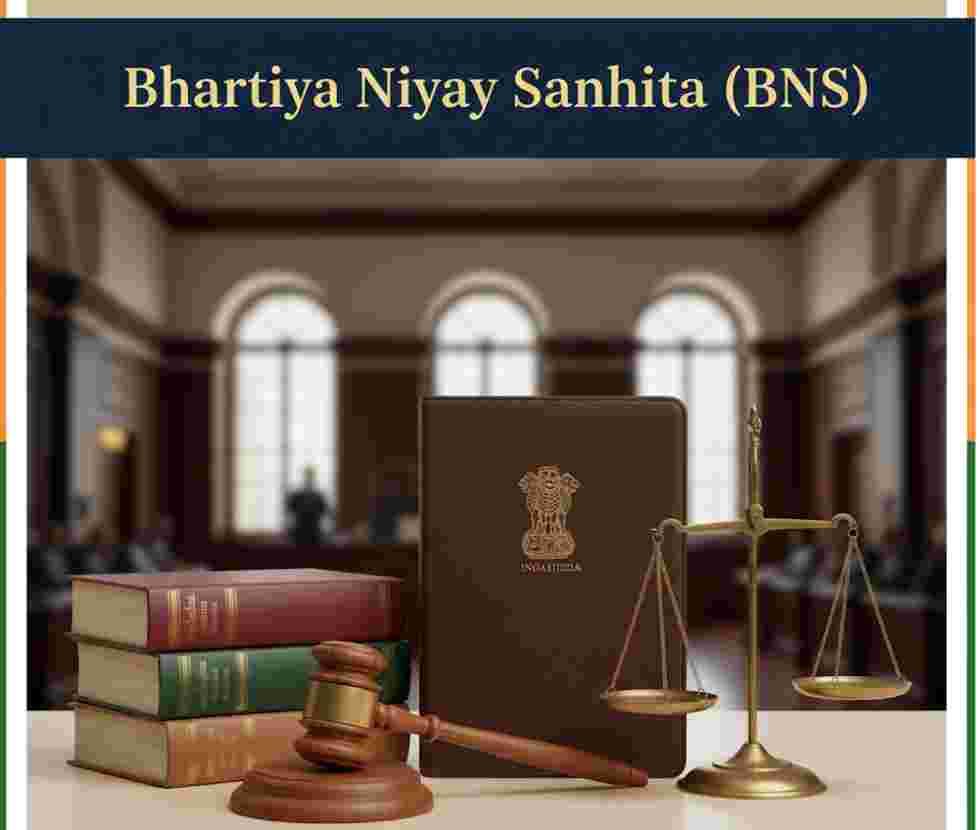
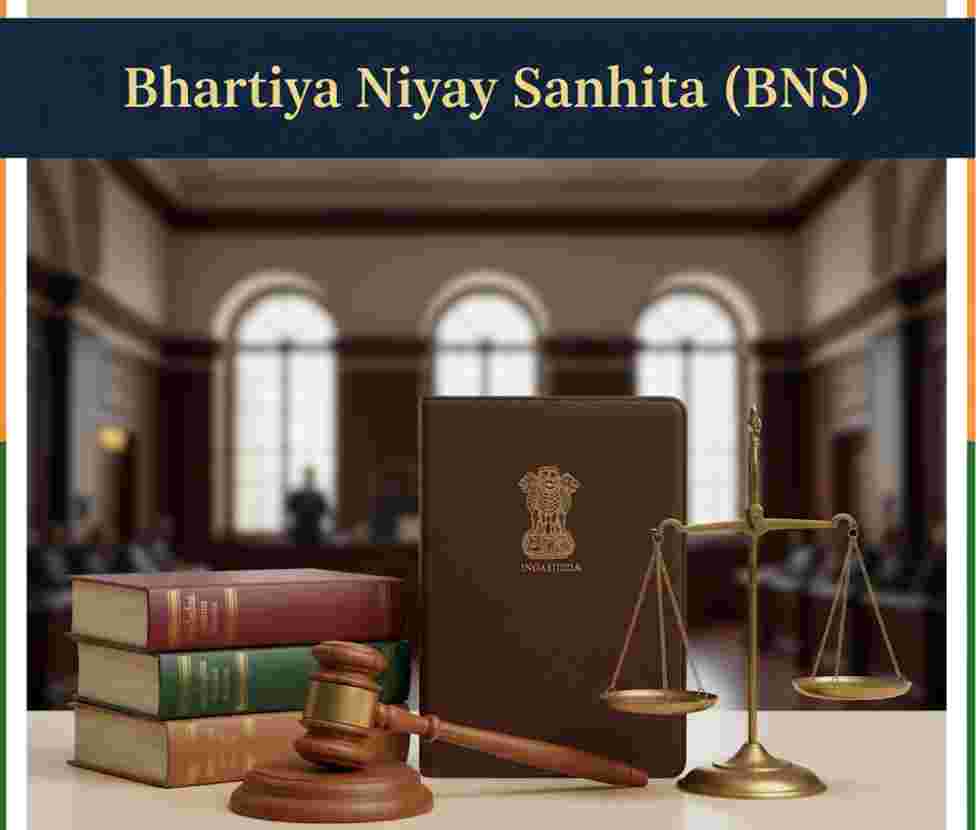
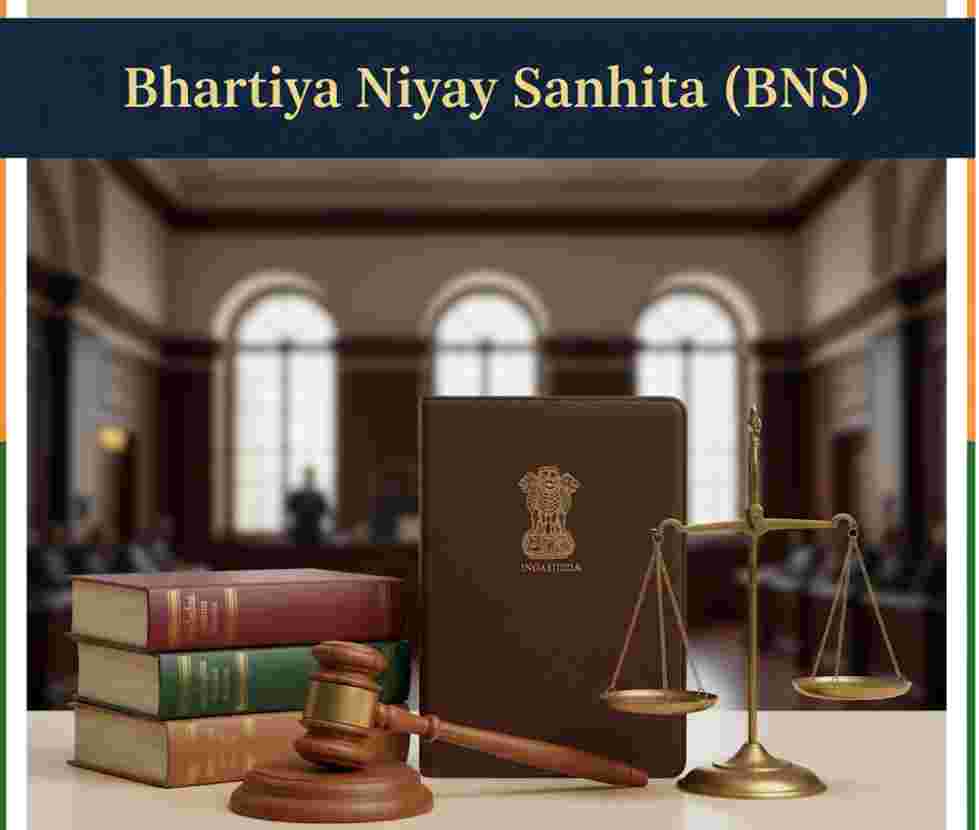
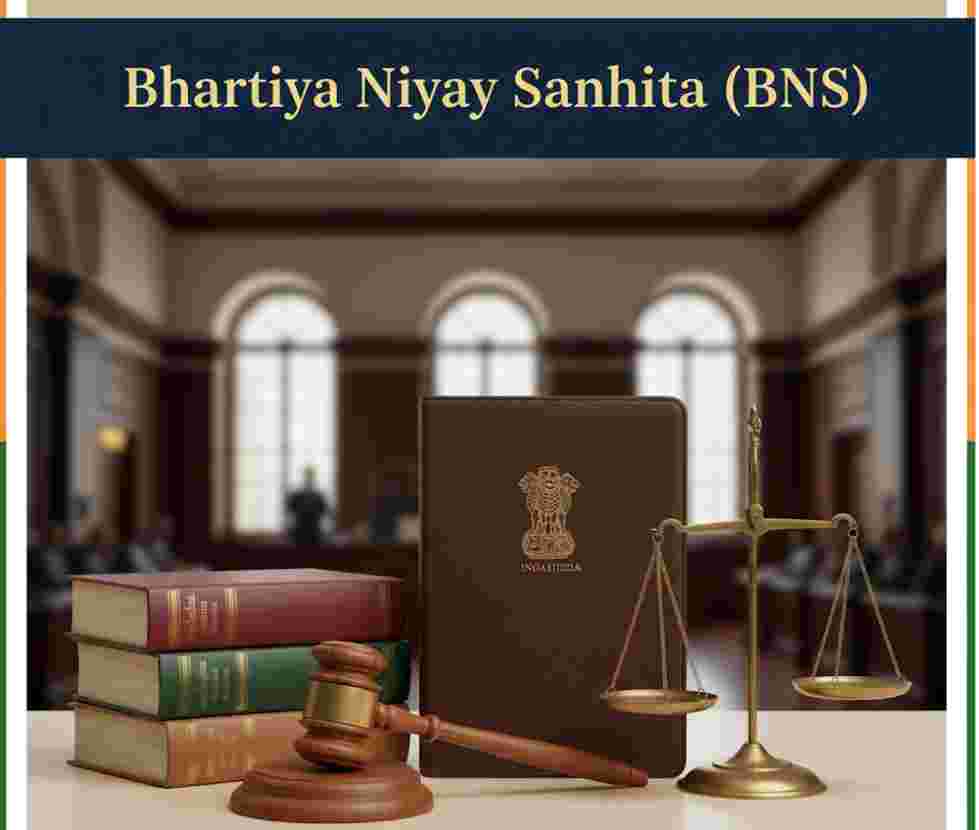
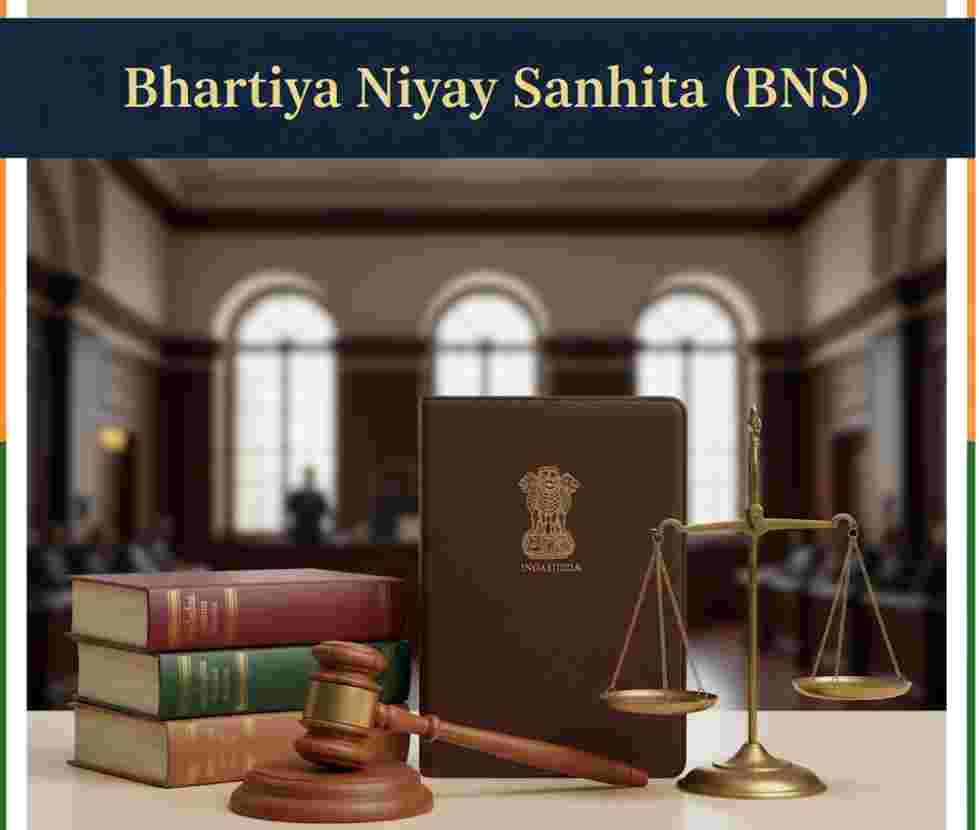
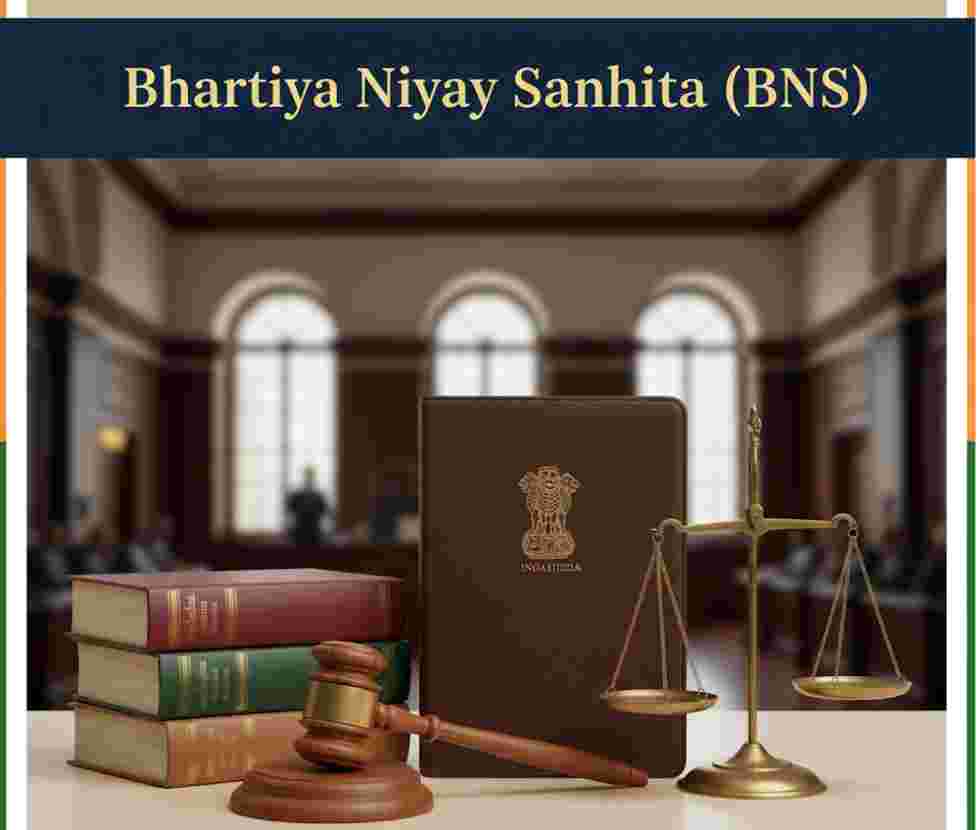
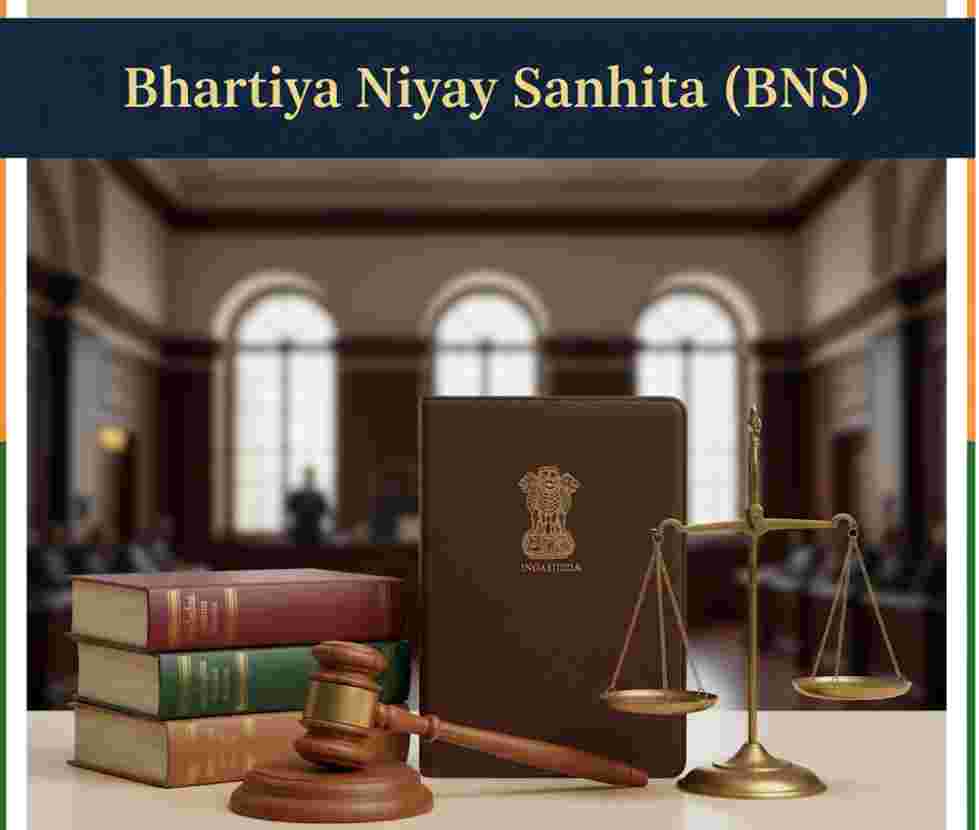
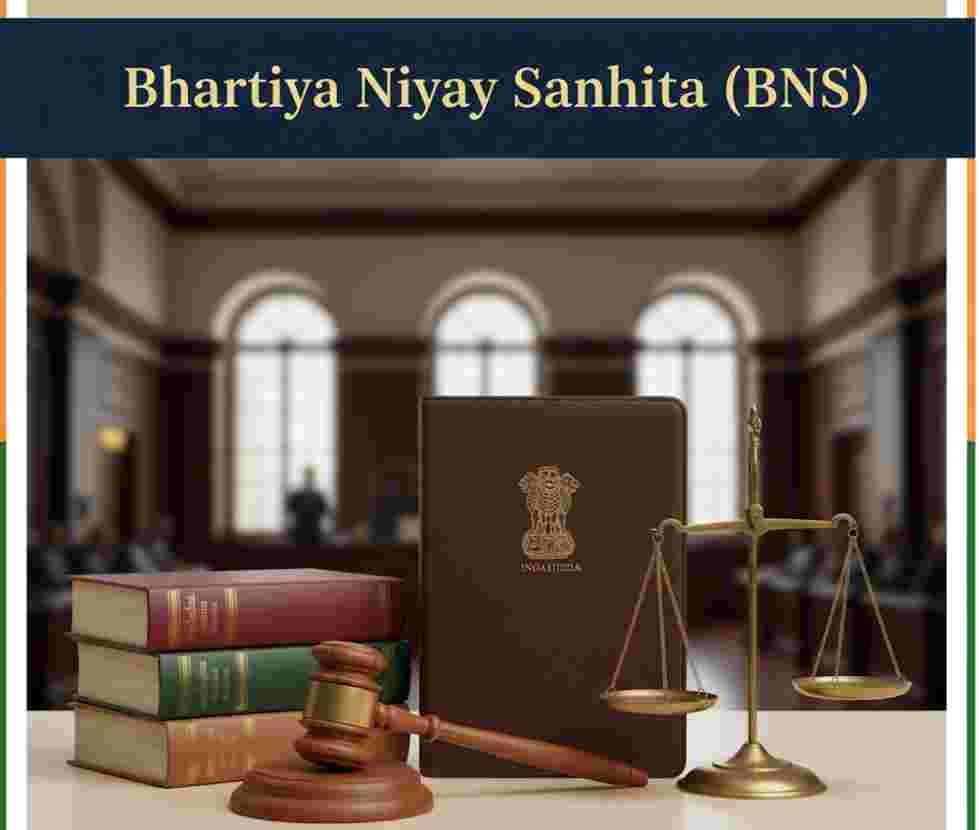
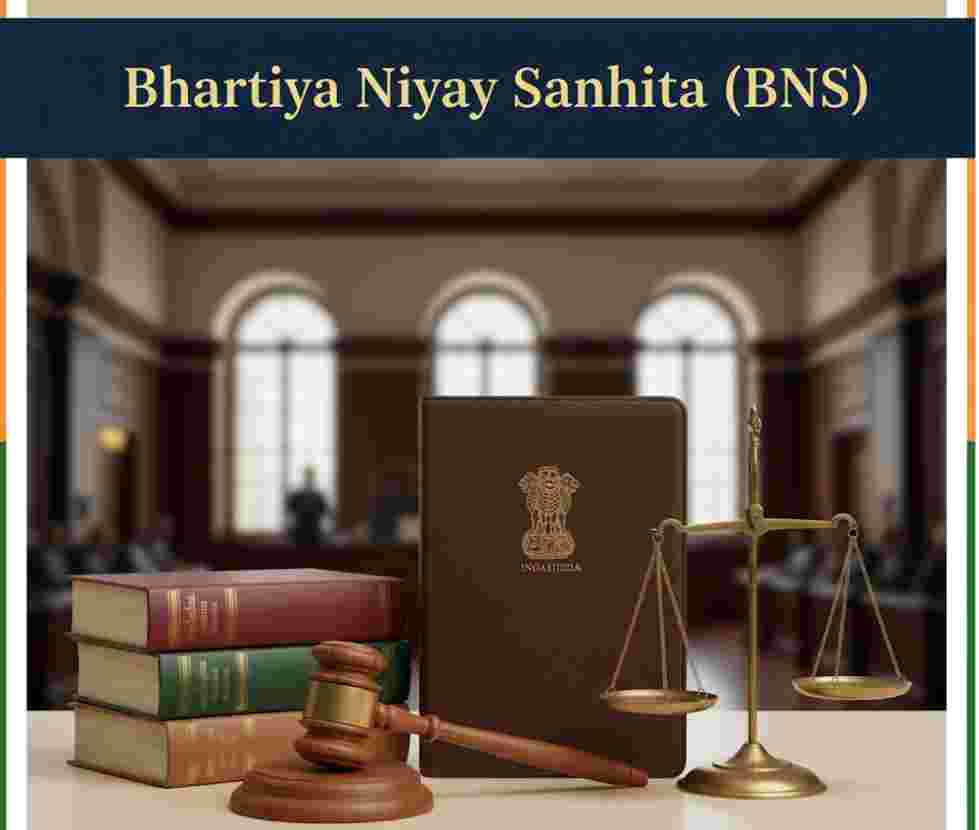
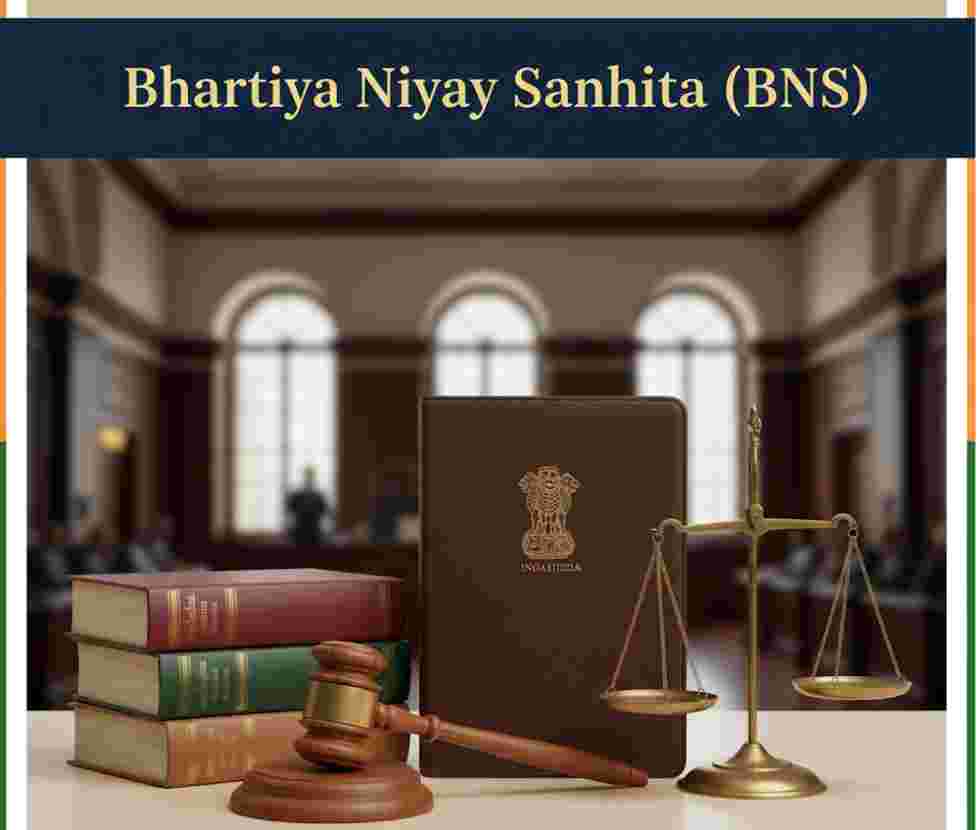
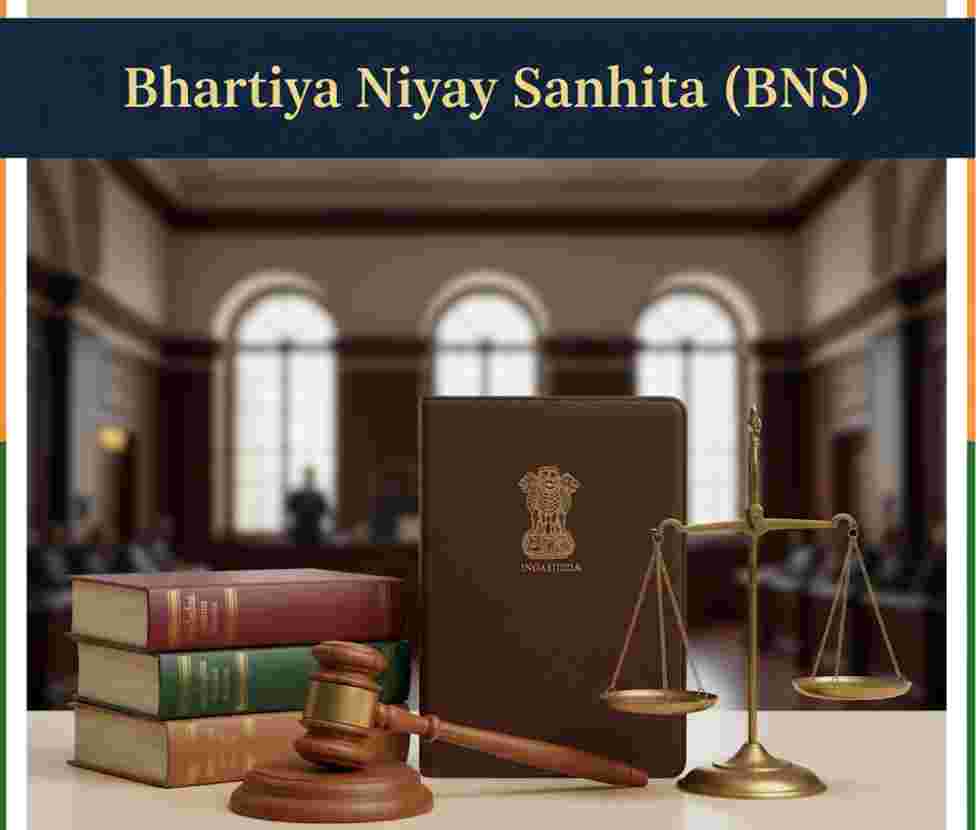


































































































Comment
Nothing for now